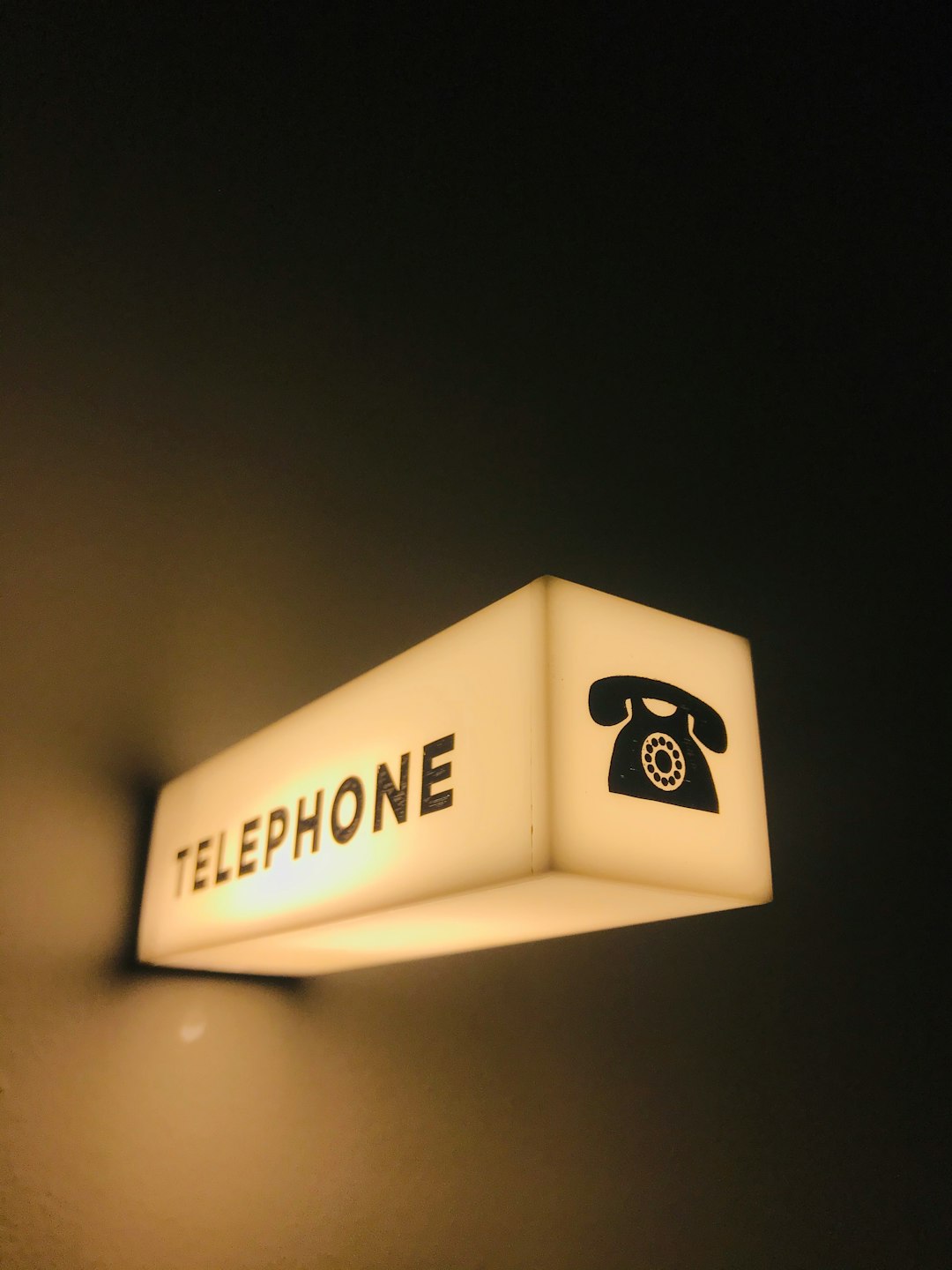Minnesota's Do Not Call Laws, mirroring federal TCPA regulations, protect residents from unsolicited telemarketing calls. Businesses must secure explicit consent for outbound calls and identify themselves, while consumers can register on the state's Do Not Call list to minimize unwanted calls. Staying compliant is crucial for businesses to avoid penalties and foster trust; consumers benefit from a quieter phone environment.
“Unraveling the complex landscape of telemarketing regulations is essential for both businesses and consumers. This comprehensive guide takes you on a journey through the federal Do Not Call Laws and delves into Minnesota’s state-specific rules, offering a clear overview to stay compliant.
Learn about the powerful consumer protections provided by these laws, especially the Federal Trade Commission’s (FTC) guidelines. We’ll explore how Minnesota adds its unique layer of regulation, ensuring responsible telemarketing practices. Additionally, discover practical tips for businesses to maintain compliance and for consumers to protect their rights.”
Understanding Federal Do Not Call Laws

The Federal Do Not Call (DNC) laws are a set of regulations designed to protect consumers from unsolicited telephone marketing calls. In the U.S., the Telephone Consumer Protection Act (TCPA) establishes guidelines for telemarketers, including restrictions on calling numbers listed on the National Do Not Call Registry. This registry, maintained by the Federal Trade Commission (FTC), allows individuals to opt-out of receiving sales or promotional calls.
In Minnesota, the Do Not Call Laws align closely with federal regulations, ensuring residents have control over their phone privacy. The Minnesota Attorney General’s Office plays a crucial role in enforcing these laws and can take action against telemarketers who violate the DNC rules. Consumers in Minnesota can register their numbers on the state’s Do Not Call list, further enhancing their protection from unwanted calls.
Minnesota's State-Specific Telemarketing Regulations

Minnesota has established its own set of rules for telemarketers, complementing federal Do Not Call Laws. These state-specific regulations aim to provide additional protection to residents who wish to limit unwanted calls. Under Minnesota law, businesses must obtain explicit consent from consumers before initiating outbound telephone marketing calls, except in specific circumstances like emergency communications or calls made with the consumer’s prior express written consent.
The state also sets strict do-not-call requirements, allowing residents to register their phone numbers on a state “do not call” list. This list mirrors the national Do Not Call Registry and prohibits telemarketers from calling registered numbers without the caller’s explicit permission. Minnesota’s regulations emphasize transparency, requiring telemarketers to disclose their identity and the purpose of their call, ensuring consumers are well-informed about potential sales or promotional activities.
Compliance Tips for Businesses and Consumers

Staying compliant with telemarketing regulations is crucial for businesses and consumers alike. In the U.S., both federal and state laws, such as Do Not Call Laws in Minnesota, aim to protect individuals from unwanted phone calls. For businesses, understanding these rules is essential to avoid penalties and maintain customer trust. One key tip is to obtain explicit consent before making marketing calls; this can be achieved through opt-in forms or clear agreements during sales interactions.
Additionally, maintaining accurate caller ID information and providing an easy way for recipients to opt out of future calls are effective strategies. Consumers should familiarize themselves with their rights under these laws, including the ability to register on state-specific Do Not Call lists. By adhering to these guidelines, businesses can ensure ethical marketing practices, and consumers can enjoy a quieter, more controlled phone environment, minimizing unwanted telemarketing calls.






